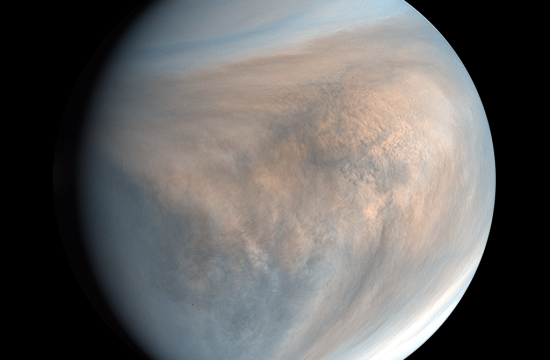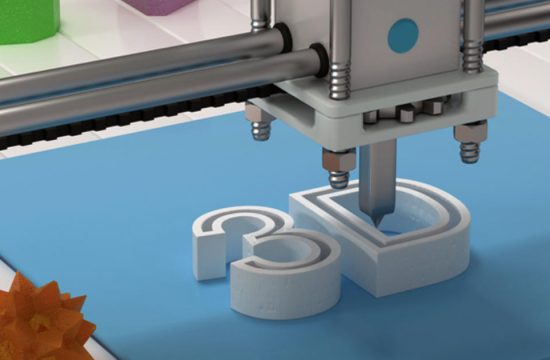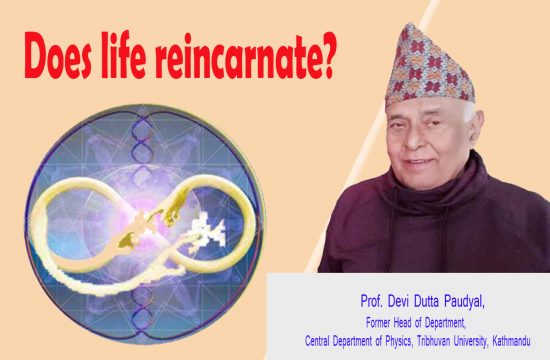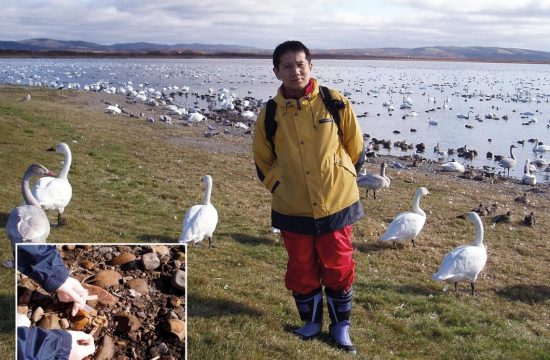
Finally I came up to the conclusion, “Yes, I am different from what Iam not.”
I adore taking online courses, particularly physics and philosophy, because I love giving mathematical explanation to philosophical definition. Last September, when I was taking an online course on ‘Imagining other earths’ by Prof.Spergel, I came upon an intriguing question on the definition of life. The question made me ponder upon the differences between what we are and what we are not, but unfortunately, the more I looked for the differences, the more similarities I found. However, I was sure that the only tool to judge the living creatures from non-living was to find a difference between them.
For me, Life is a mathematical function, and I am trying to determine its range obligating variables outside its domain. Most of the students in the forum remarked a paradigmatic version defining living being as a subject within physiological, genetical, and Schrodinger’s thermodynamic constraint; however, paradoxical thoughts whether to consider an energy consuming machine, made up of crystals functioning to replicate similar machines, as a living being put me in a deep sentiment. Is it living or not? To make matters worse, I started comparing myself with every other nonliving entities, and to my wonder, they were more similar to me than I had ever imagined. Is there really no difference between what we are and what we are not? No, there is a difference, and I called it soul. Now, my challenge was to give a mathematical definition of soul.
After I posted my ideas in the forum, I started receiving critics and supports. “Is not the idea similar to ‘vital force theory’,” my online friend Mr. Joseph responded, “and was widely rejected.”
“No, Soul is the unique property that gives every material a life. In contrast, a vitalist argues that only organic materials gain life.”
Soul is the force that let some of the self-assigned molecules to undergo evolution and form complex life; therefore, in earthly life, I defined soul as a natural selection process that results in evolution. In other words, nature is soul.
I do support the high probability of earth-like organic living creatures being in other planets. Nevertheless, there is always a nevertheless. What if someday Optimus Prime from Transformer’s home world Cyberton visits us? Are we going to accept him, a machine, as a living being?
Whenever I am with problems, I generally take the aid of algorithm; this helps me to live in pragmatic present, so unsurprisingly I borrowed an algorithm to define the soul of machines. Well, as far as I can generalize, machines can be of two types: those which can undergo self-evolution and which cannot. Furthermore, it seems obvious to regard intelligence as a tool to judge the subject’s vitality, because if the subject is intelligent enough to pass out every test that they are living, then they are of course living. Machines undergoing self-evolution are driven towards gaining intelligence, therefore their souls are “an attempt towards intelligence” and they are living. Later on, I smelled an imminent difficulty to explain life for machines that does not undergo evolution which might be or might not be intelligent. If they are intelligent, then based on earlier arguments, they do posses life, but what about vitality of non-intelligent inorganic machines which do not undergo self-evolution? “Thought experiment”, I said to myself, “Yes, to judge whether a subject is living or not, one needs to keep it with a test living body. If this machine can show an unconscious relationship with this test body, then it possesses life, otherwise not.” Their soul is their “unconscious relationship to other lives”.
After I completed my arguments in forum, I started feeling unique about myself. I am different from what I am not because I have soul. I realized that I have a reason behind my life, and I need to explore it.









